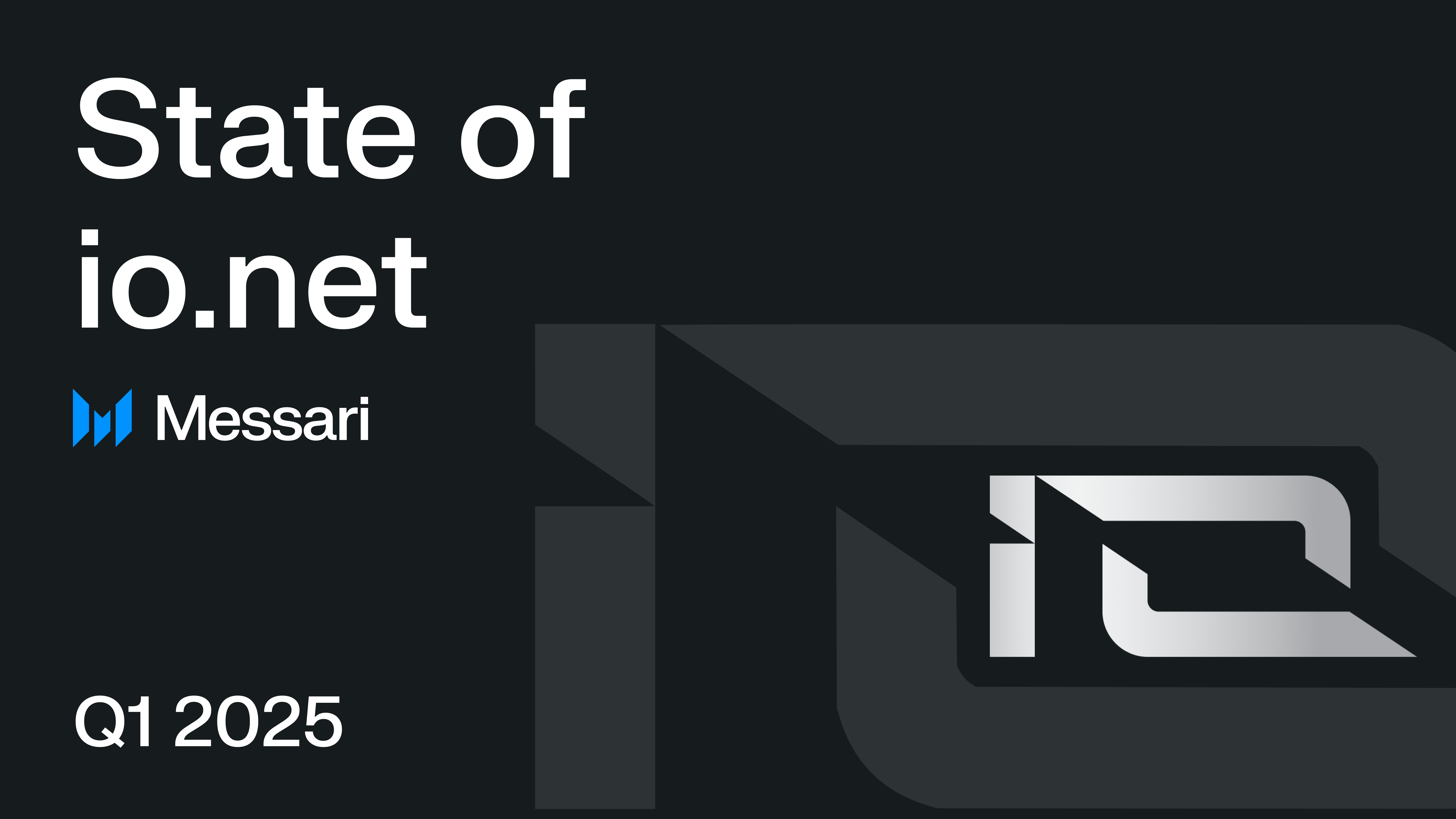DePIN: Bridging the Digital and Physical Worlds with Decentralized Infrastructure

DePIN, a decentralized physical infrastructure network, is reshaping the future of computing power by offering a democratic and cost-effective solution to everyday challenges. The peer-to-peer infrastructure allows for efficient distribution of computing resources and rewards users for their contributions. DePIN projects like StorX Network, Drife, Helium Network, and Healthblocks are revolutionizing various industries, including transportation, water supply, energy, communication systems, financial services, healthcare, and defense. Aten Krotos and Arthava’s Zero-knowledge Artificial General Intelligence (ZkAGI) project, built on DePIN, addresses privacy concerns in AI by combining Zero Knowledge and DePIN technologies. ZkAGI, an open-source framework, facilitates secure and private AI computation on a decentralized network, incentivizing participants to contribute to a privacy-focused AI ecosystem.
Related News





